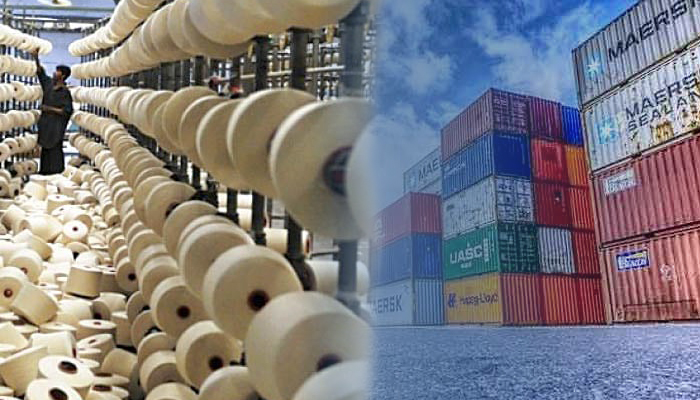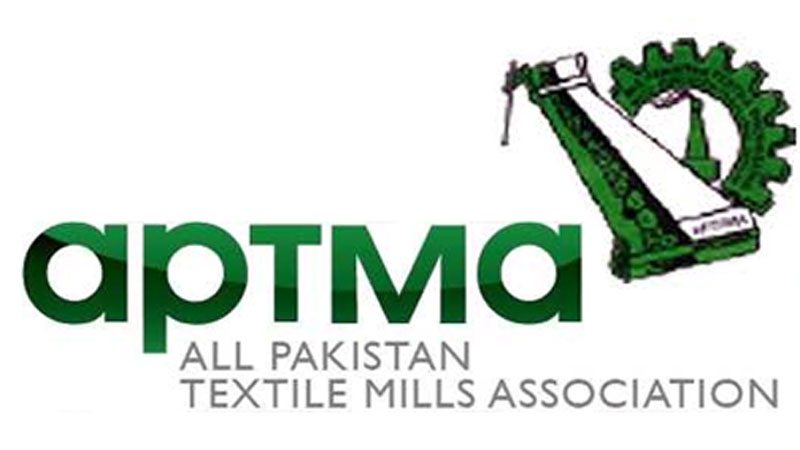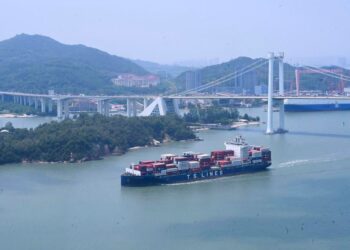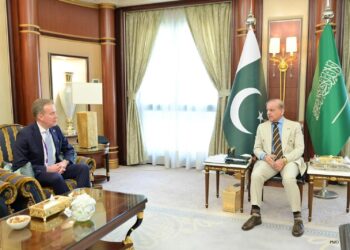The association warned that the current measure
while appreciated, is not sufficient to address
the full scope of challenges facing the industry
Business Reporter

Islamabad: The All Pakistan Textile Mills Association (APTMA) has welcomed the government’s decision to impose an 18% sales tax on imported cotton yarn, calling it a major correction in market distortions and a positive step towards addressing anomalies in the Export Facilitation Scheme (EFS).
In a statement issued Wednesday, APTMA praised the government’s commitment to restoring fairness in the domestic textile value chain. However, the association warned that the current measure, while appreciated, is not sufficient to address the full scope of challenges facing the industry.
EFS Still Favors Imports Over Local Production
APTMA emphasized that EFS continues to create an uneven playing field. Under the scheme, imported inputs for export purposes are zero-rated, while locally produced inputs face an 18% sales tax. This policy, the association stated, has already dealt a significant blow to the domestic spinning sector and now threatens the viability of downstream industries such as weaving.
To rectify the imbalance, APTMA urged the government to extend the 18% sales tax to all yarns and fabrics—both cotton and polyester—imported under EFS. It also called for placing these imports on the EFS Negative List, with a 5% customs duty on yarn and 11% on fabric to encourage domestic manufacturing and reduce dependency on imports.
Polycotton and Polyester Sector Under Strain
The statement highlighted the growing pressure on producers of polycotton and polyester yarns, which are already around 35% more costly to manufacture locally. APTMA warned that continuing to exempt imported polyester inputs while taxing local alternatives undermines industrial policy goals and discourages further investment in local capacity.
Call for Relief on Cottonseed and Cottonseed Cake
APTMA also reiterated its longstanding demand for the removal of the 18% sales tax on cottonseed and cottonseed cake, byproducts of cotton lint primarily used in livestock feed. These items are not taxed in major cotton-producing countries, the statement noted. The imposition of GST on these essential inputs threatens farmer livelihoods, encourages underreporting of cotton production, and promotes a shift toward more water-intensive crops, compromising water security.
Spinning Sector May Not Be the Last Affected
APTMA warned that without broad-based reforms, the problems that hit the spinning industry could soon spread to weaving and fabric manufacturing. “If local fabric is taxed while imported fabric remains duty-free, exporters will inevitably opt for the cheaper import—jeopardizing both fabric and yarn sectors,” the statement said.

Comprehensive Policy Needed to Boost Domestic Industry
The association urged policymakers to take a value-chain-wide approach, stating that “partial reforms are insufficient.” APTMA stressed that a policy which taxes local value addition while exempting imported inputs for export undermines Pakistan’s export-led growth model and stifles domestic employment and investment.
Commends Broader Economic Reforms
APTMA also commended the government for recent macroeconomic reforms, including:
- Reducing power tariffs from 16–17 cents/kWh to around 11 cents/kWh
- Successfully lowering inflation
- Bringing interest rates down from 22% to 11%
“These measures have laid the foundation for economic stability,” APTMA stated. “Now, to build on this momentum, the government must address the remaining distortions in the textile sector.”
The association concluded that resolving the tax anomalies under EFS would unlock new investment, create jobs, and enhance foreign exchange earnings—helping Pakistan realize the full potential of its textile value chain.






















